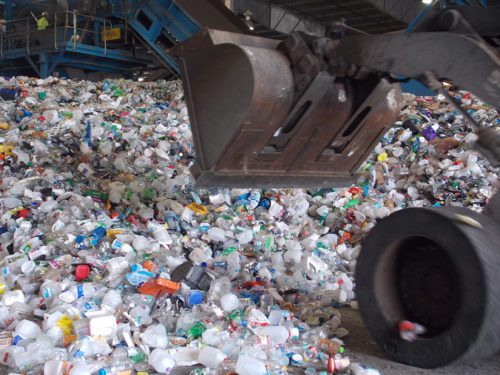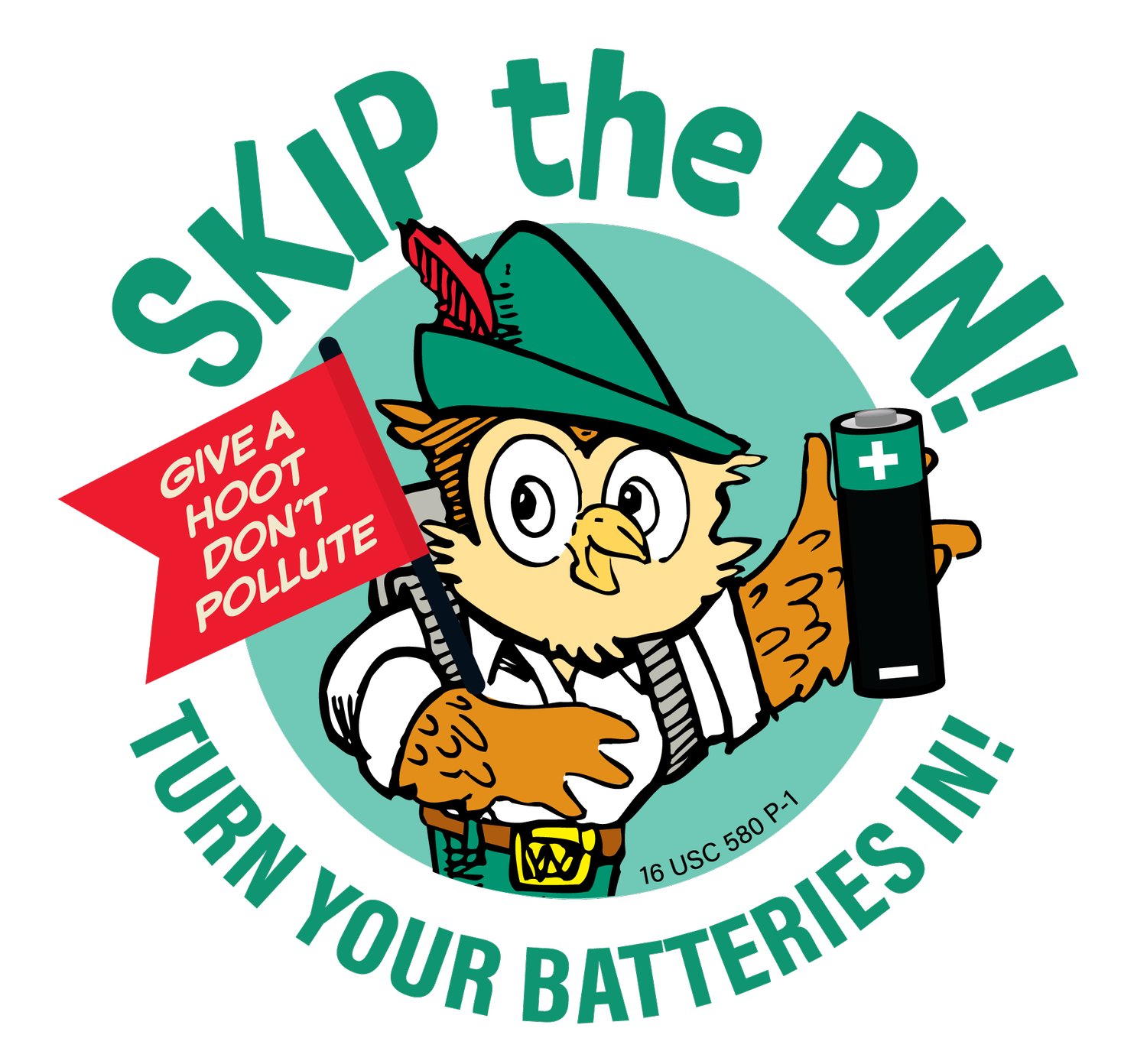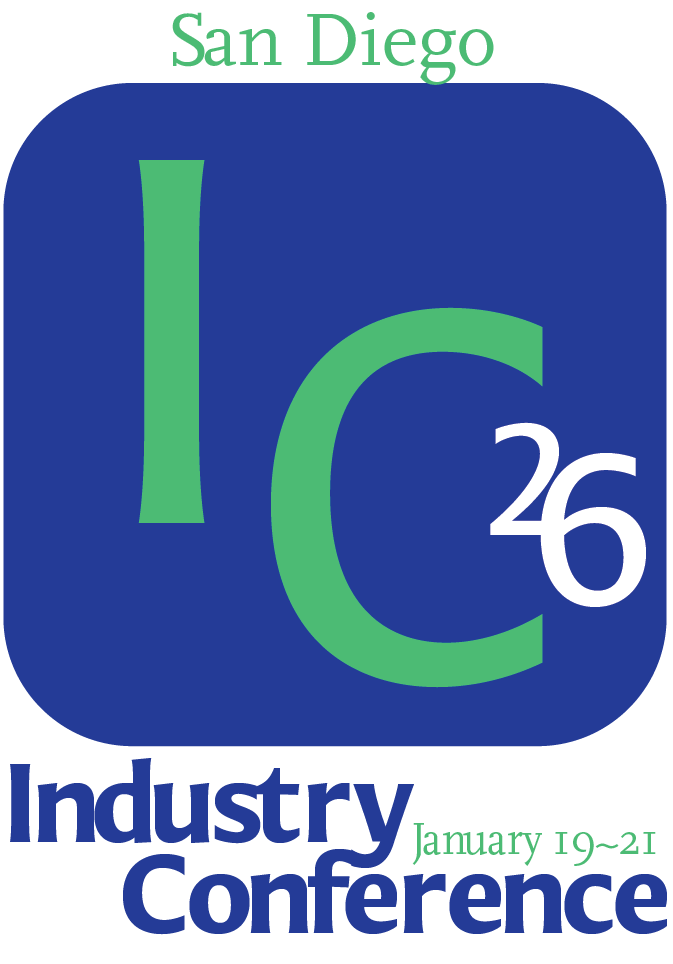Solid Waste Authority of Palm Beach County, Fla., Sees Success with Recycle Right Everyday Campaign
The campaign received NWRA’s 2020 Best Recycling Public Education Program Award.
Recycling can be one of the most beneficial types of waste management, as it keeps valuable materials out of landfills and reduces the need for new resources to be used to make products. However, in order for recycling to actually work, people need to recycle right.
There are many ways to help people understand what can and cannot go into their recycling bin, but one of the most effective methods is a strong education program. In Florida, the Solid Waste Authority (SWA) of Palm Beach County is using its Recycle Right Everyday campaign to educate residents and visitors about proper recycling.
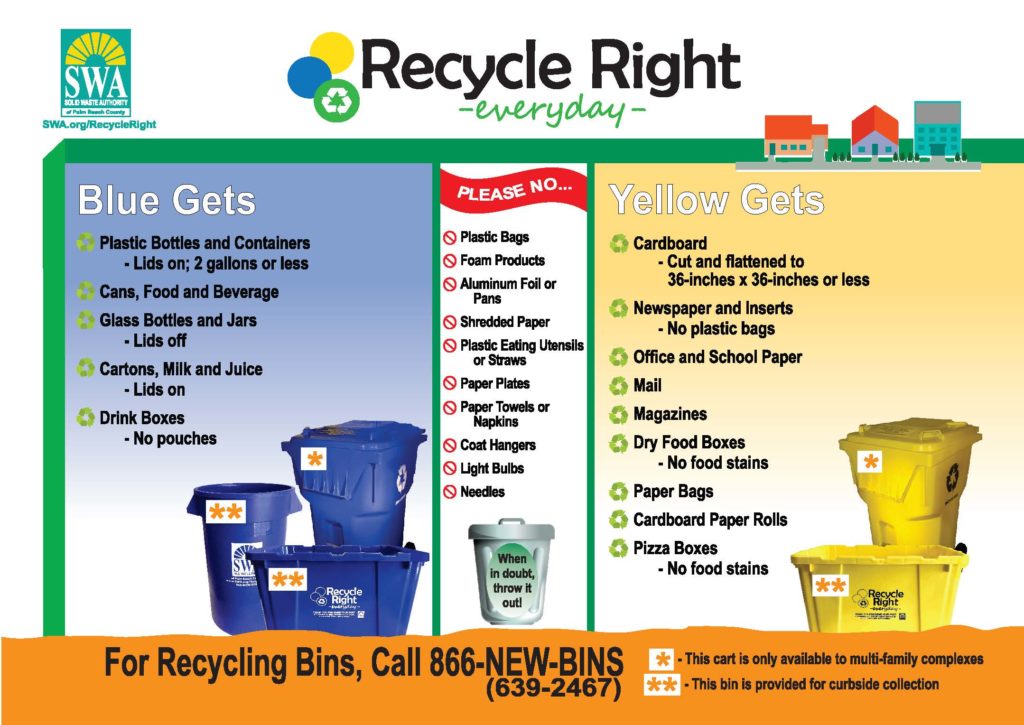
“Our Recycle Right Everyday campaign includes a wide range of educational tools, including clear and consistent messaging, events, online resources, recycling reports, onsite tours and more,” says Willie Puz, director of public affairs and recycling for the SWA. “All of these tools are designed to help our residents and visitors understand what can be recycled at home, at school, at work, wherever.”
The SWA’s Recycle Right Everyday campaign was overhauled a few years ago. With assistance from a consultant, the SWA was able to ensure all municipalities had similar information and graphics available on their websites; gain support and cooperation from private and municipal haulers; expand to include dedicated educators who conduct daily facility tours and undertake community presentations, classroom lessons and field trips; and revamp education materials for events such as signage and color-coded garbage and recycling bins.
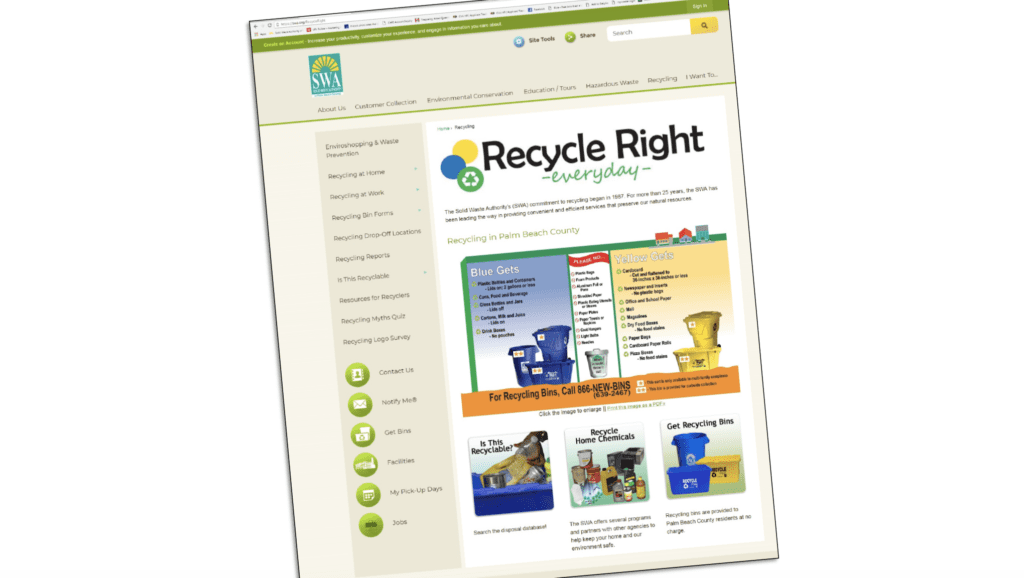
All of those enhancements helped the SWA improve its waste reduction and recycling efforts and led the SWA to be honored with the National Waste & Recycling Association’s (NWRA) 2020 Best Recycling Public Education Program Award.
“With all of the outstanding recycling education campaigns local governments are implementing to reduce recycling contamination, we are honored to have our efforts recognized by NWRA,” says Puz. “Our team has put a lot of effort into the many elements of our Recycle Right Everyday campaign, and we are pleased to see this work recognized in this way.”
The SWA operates a dual stream recycling program that handles materials generated from Palm Beach County’s 1.45 million residents. Each year, the SWA processes approximately 100,000 tons of recyclables at its Recovered Materials Processing Facility, which was built in 2009.
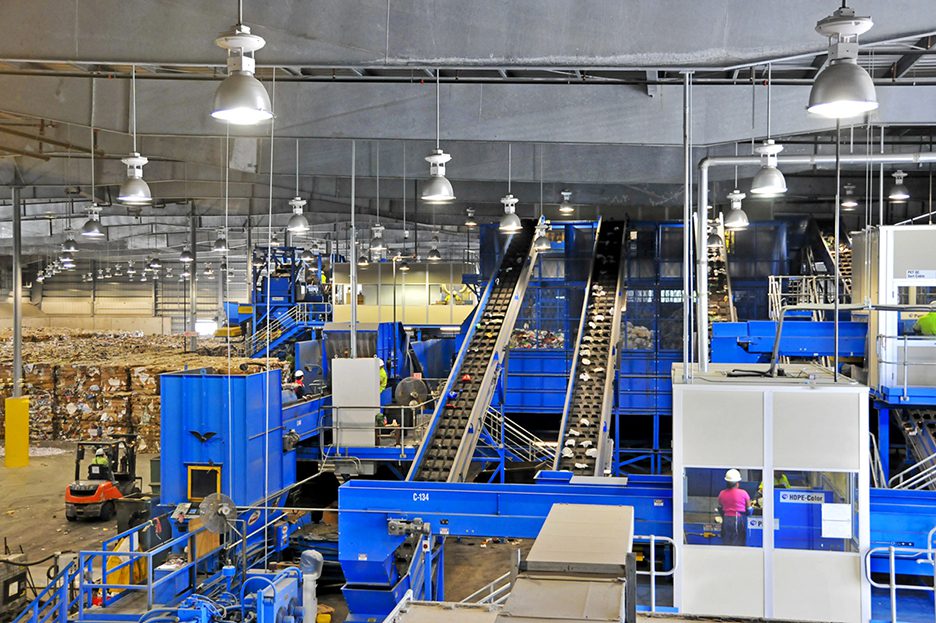
In addition to the Recovered Materials Processing Facility, the SWA owns two waste-to-energy facilities that convert more than 1.8 million tons of municipal solid waste each year into enough clean renewable energy to power more than 70,000 homes; seven household hazardous waste collection facilities, which process more than 4 million pounds of home chemicals each year; a network of six transfer stations, which help move more than 75 percent of the county’s waste; a biosolids processing facility, which turns more than 650 tons of wastewater into an environmentally friendly fertilizer amendment; and a landfill, which is the last resort for waste disposal. Additionally, the SWA operates a LEED Platinum Education Center and manages more than 300 acres of conservation land with about 5 miles of trails.
All of these facilities, along with the SWA’s waste and recycling programs, are designed to integrate solid waste transportation, processing, recycling, resource recovery and disposal technologies, protect the environment, achieve the state’s 75 percent recycling and waste reduction goal and keep the public informed about solid waste management issues.
As we progress further into the new year, the SWA hopes to make some enhancements to its Recovered Materials Processing Facility to increase efficiency, improve processing and target specific items. It also aims to build upon its strong education program so residents and visitors can achieve a “learned behavior” of recycling.
“We’re excited for Palm Beach County’s recycling future,” states Puz. “In our community, we will continue to build on our Recycle Right Everyday program to reinforce our county residents’ waste disposal behaviors no matter if they are at home, school, work or play. And at our Recovered Materials Processing Facility, we are investing in improvements and upgrades to our processing equipment with the goals of increasing recovery efficiency, improving the quality of our current marketable recyclables and recovering additional materials through the installation of robotics.”
